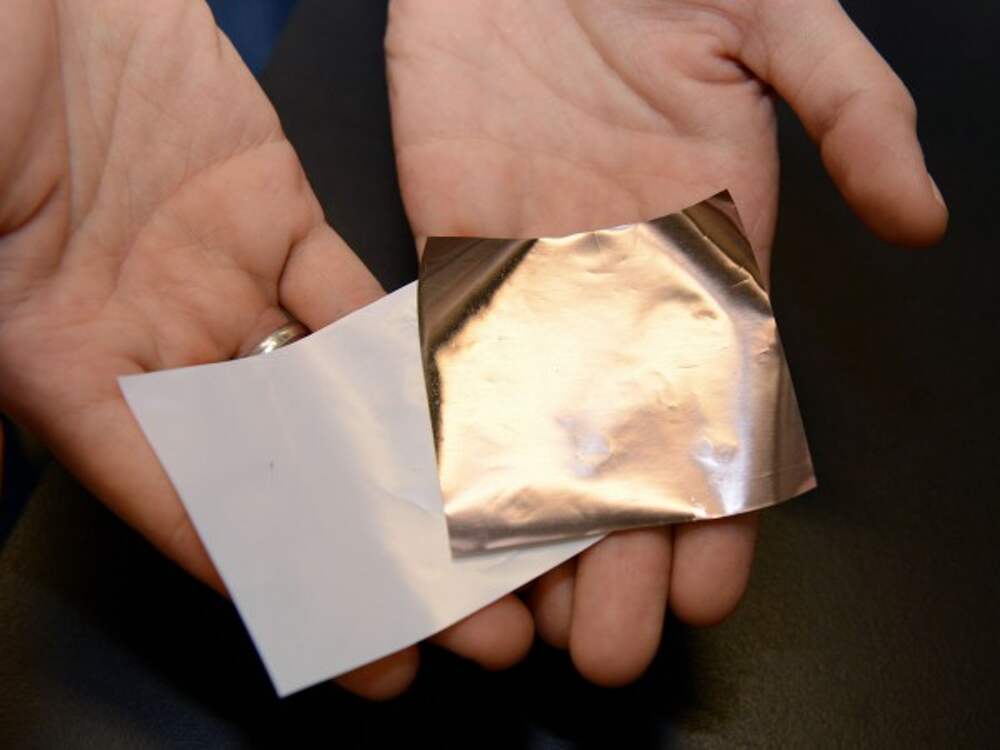The 'extreme' exoplanet where winds howl at the speed of sound on days hot enough to melt steel - while temperatures plummet to below 1,000 degrees Fahrenheit at night
It is definitely not a candidate to become a new home for humanity. Nasa's Hubble Space Telescope has made the most detailed global map yet of the glow from a turbulent planet outside our solar system - and found an astonishingly inhospitable environment. The exoplanet, called WASP-43b, is a world
...Далее


